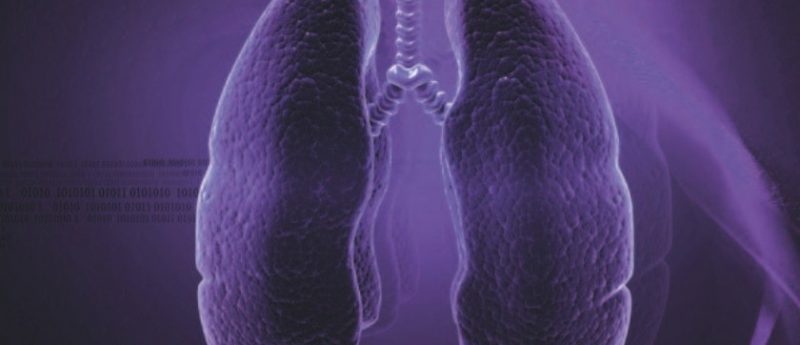False positives do not cause undue anxiety in a new lung cancer study

A recently published study from researchers at Brown University (RI, USA) suggests that a false positive screen result did not cause individuals undue anxiety or reduced quality of life. They believe that participants were more prepared for false positive diagnoses if the consent forms are clear and accurate.
Although many patients receive false positive results from it, computerized tomography (CT) lung screening was recently recommended by the US Preventive Services Task Force for individuals at high risk of cancer. Therefore, this study was designed to test if this high false-positive rate could cause a negative psychological impact on individuals.
Ilana Gareen, lead author of the study, explained: “In the context of our study, with the consent process that we used, we found no increased anxiety or decreased quality of life at 1 or 6 months after screening for participants having a false positive. What we expected was that there would be increased anxiety and decreased quality of life at 1 month and that these symptoms would subside by 6 months, which is why we measured at both time points, but we didn’t find any changes at either time point.”
In total, 2812 individuals from the National Lung Screening Trial were asked to complete questionnaires about their mental health quality at 1 and 6 months following screening. It was noted that 36.4% of total participants were false positive, 2.2% were true positive, 12.2% had significant incidental findings and 49.1% had negative screens. After statistical adjustment for factors that could have had a confounding influence, no difference was observed in short- and long-term health-related quality of life across participants with false positives, significant incidental findings or negative screens.
The authors concluded that when patients are properly informed, receiving a false positive had no significant difference in health-related quality of life or state anxiety at 1 or at 6 months after screening, compared with those receiving a negative result.
Source: Brown University press release




